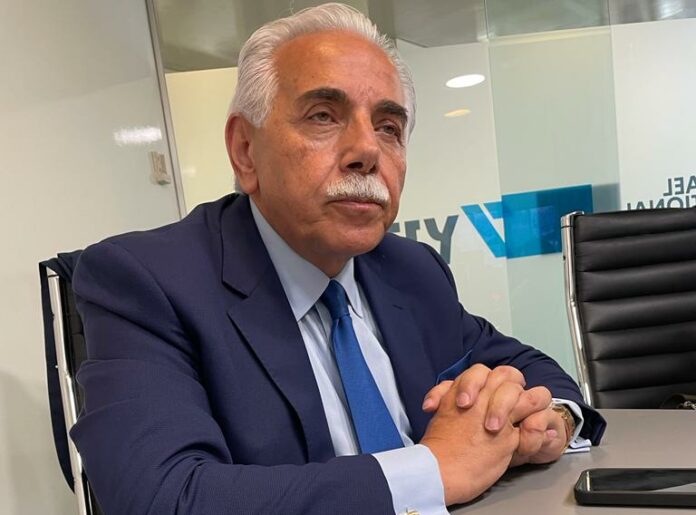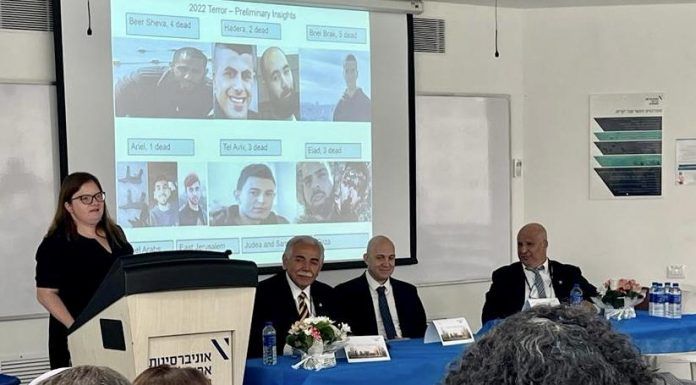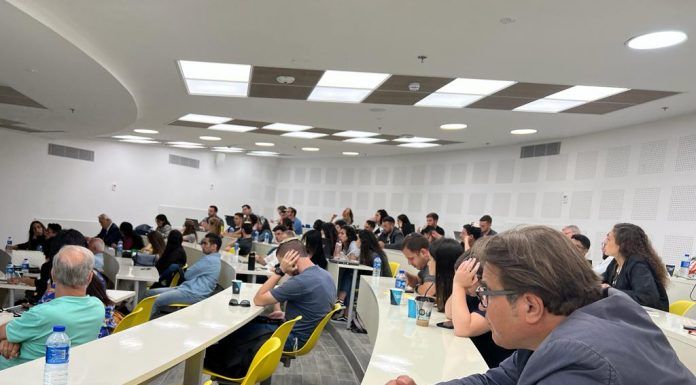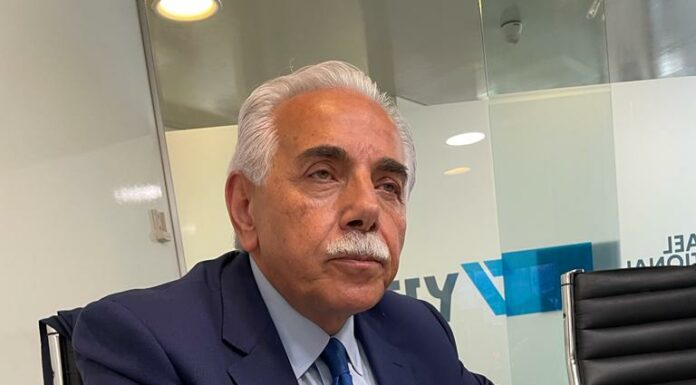The U.S. special envoy for Iran Robert Malley — who has led more than a year of indirect talks with the Iranian government team in Vienna — issued the following tweet on June 2.
“Good to be back in Tampa to meet the new @CENTCOM Commander, General Kurilla, and discuss our diplomatic efforts as we continue to counter, contain, and deter the full range of threats posed by Iran to the U.S. and our partners,” he tweeted.
Good to be back in Tampa to meet the new @CENTCOM Commander, General Kurilla, and discuss our diplomatic efforts as we continue to counter, contain, and deter the full range of threats posed by Iran to the U.S. and our partners. pic.twitter.com/lMtEhkGWhs
— Special Envoy for Iran Robert Malley (@USEnvoyIran) June 2, 2022
A week earlier, Malley told the U.S. Senate Foreign Relations Committee that the administration of President Joe Biden was ready to lift sanctions against the Islamic Republic if it secured an agreement to return to the 2015 nuclear accord, because it was in the national security interest of the United States.
Dr. Amir Hamidi, a former U.S. diplomatic attaché in the United Arab Emirates, strongly disagreed with Dr. Malley’s assessment in an interview with Kayhan Life.
“The Islamic Republic regime in Iran is a direct threat to the Iranian people and the national security of the Middle East, Israel, the United States, Europe and, really, the entire world,” he said. “It is time that these countries realize this before it is too late.”
Dr. Hamidi has a distinguished track record of service to the U.S. government. For more than 36 years, he has worked for the State Department, the Justice Department — specifically the Public Integrity and Corruption sections — and the Office of the Inspector General.
Last month, he led the Shoshana Mission of Iranian-born academics, researchers, lawyers, journalists, and social activists to Israel to promote goodwill, partnership, and future cooperation between Israel and the people of a free, democratic and secular Iran.
‘Shoshana Mission’ Group of Iranian-Born Academics, Lawyers Make Peace Trip to Israel
In the Kayhan Life interview, Dr. Hamidi, who is a global terrorism expert, stressed that even after the 2015 nuclear deal, the regime in Iran continued to funnel billions of dollars to its proxies: from Hamas and Hezbollah to the Houthi rebels in Yemen.
“In many cases, the Joint Comprehensive Plan of Action (JCPOA) accelerated criminal activity and allowed Tehran to expand its reach,” he noted. “Even U.S. Secretary of State John Kerry conceded that some of the assets freed by the JCPOA would likely end up ‘in the hands of terrorists.’”
Dr. Hamidi was the U.S.’s Resident Special Agent in Charge of Project Cassandra, an undercover investigation launched by the U.S. Drug Enforcement Agency (DEA) in 2008. He was one of Cassandra’s highest-ranking criminal investigators, equivalent to the Chief of Police.
“We had collected evidence that Hezbollah had shifted operations from a political party and a regional terror group to an international criminal syndicate specializing in the illicit transfer of narcotics, dirty money, and weapons,” he said. “DEA Special Agents tracked thousands of pounds in cocaine shipments from South and Central America to the United States, West Africa and Europe.”
Cassandra linked Hezbollah’s envoy to Tehran, Abdallah Safieddine, to the organization’s external narcotics trafficking network. “Hezbollah laundered $200 million a month on behalf of drug cartels and other criminals,” Dr. Hamidi said.
In the end, Project Cassandra proved to be too much of a diplomatic liability for the administration of U.S. President Barack Obama, which aimed to end decades of hostility and engage with the Islamic Republic via a nuclear deal.
“Perhaps policymakers in Europe and the United States underestimated the reach of Iranian-backed criminal groups,” he said. “Perhaps in the grand balance of considerations, Iranian-backed criminal groups were to be tolerated.”
Project Cassandra also coincided with the Arab Spring. So the U.S. administration envisioned a new role for Hezbollah in a reconfigured Middle East.
“Project Cassandra threatened to upset the status quo. Administration officials procrastinated and even delayed the investigation to the detriment of the project,” Dr. Hamidi said. “Even after the DEA presented evidence that Hezbollah laundered half a billion dollars through the Lebanese Canadian Bank, the administration and senior U.S. Government appointees felt that a broader rapprochement with the Muslim world was more important and more valuable to Western global security.“
Dr. Hamidi blamed competing agendas and political expediency for “shattering an opportunity to check the Islamic Republic’s influence in Israel, Palestine and South America.”
He pointed out that today, the Islamic Revolutionary Guards Corps (IRGC) controls various key industries in Iran, and enjoys the proceeds of its terror proxies and global criminal networks.
“The IRGC, Hamas and Hezbollah finance their terrorism using a sophisticated drug-trafficking operation. They combine drug profits with proceeds from used-car sales in Africa, used-car trade-based money laundering schemes, and the trafficking of heroin, cocaine, and weapons.”
The drug-terror nexus is most prominent in the tri-border area in Latin America, where the borders of Brazil, Argentina, and Paraguay join. This is an area where the Islamic Revolutionary Guards Corps of the regime in Iran is active alongside and via Hamas and Hezbollah.
Two years ago, in 2020, a Venezuelan National of Syrian descent, Adel El Zabayar, was charged in New York City with trafficking cocaine and firearms in coordination with both Hezbollah and Hamas.
Last April, Andrew Fahie, the former Prime Minister of the British Virgin Islands, was arrested in Miami, Florida, on drug trafficking charges by the American DEA. He had leveraged his position as a port director to allow imports of up to 3,000 pounds of cocaine, trafficked by Lebanese Hezbollah operatives. The shipment of cocaine was destined for dealers across South Florida and the Caribbean.
Terror organizations do not require massive financing for training, infrastructure needs, equipping their members, bribing local officials, recruiting, and logistics. According to Dr. Hamidi, “it is possible to make a profit of $1 million from the sale of ten (10) kilos of drugs, an amount that could be easily transported in a single suitcase.”
For Dr. Hamidi, only unity among partners and allies, working together collaboratively and cohesively, can offer a permanent response to the regime in Iran. “Until then, Iran, under the rule of a despotic regime, will remain a cauldron of unrest, instability, criminality, war, and terrorism,” he concluded.





